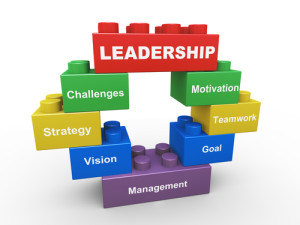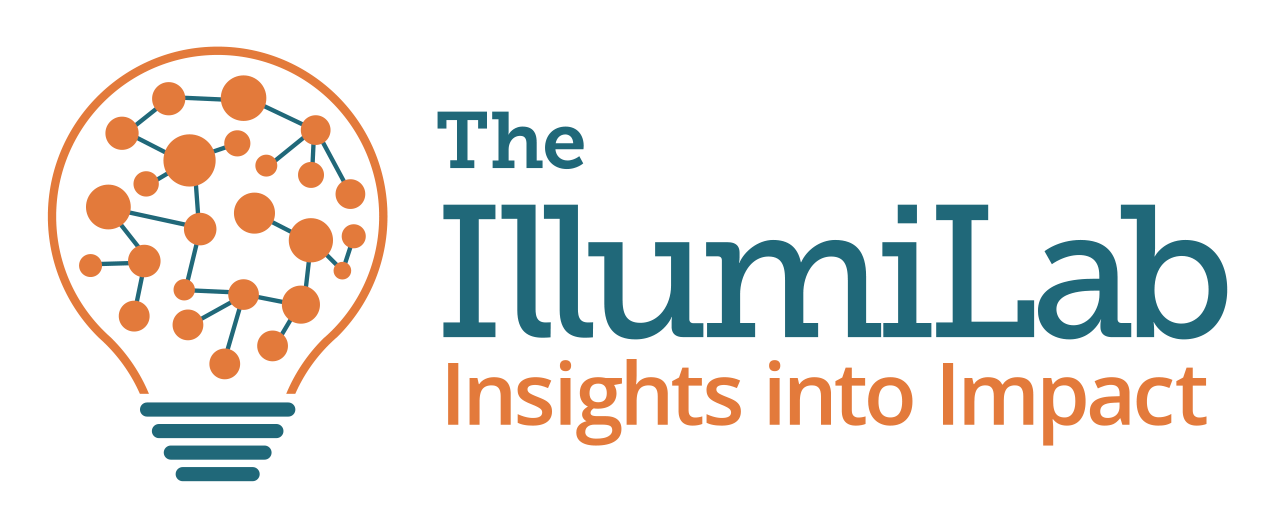A few months ago, I was inspired by an article I read from Inc. magazine, entitled “The One Position Not Many Companies Have, But Need” by Tom Gimbel. He asserts that leaders of growing companies – and, I would argue, nonprofits – lose touch with the ins-and-outs of daily operations and how the organization functions. But, he argues, every organization needs a “Chief of Nothing and Everything” in order to see and enhance inter-departmental coordination, catch what would otherwise fall between the cracks, connect the dots, and check the alignment between the bigger picture and the day-to-day reality. When I read that, I thought it described the perfect role for a Quality Improvement (QI) professional in nonprofits! (I encourage you to check out the whole piece – it’s short and power-packed.)
In my last post, I described some of the ways the work of QI professionals can transform organizations, but not all QI efforts realize their full potential.
After interviewing several of my QI colleagues working in nonprofits in St. Louis, I’ve identified what I think are the key skills QI professionals need and the ways their organizations must support them in order to achieve the types of transformation they described.
The Right People and Skills
In my opinion, social workers and other helping professionals are uniquely suited for quality improvement work in our sector, because they possess the motivations, skills, and training that are critical to the success of selling and managing the change necessary for improvement. Without these skills, staff tasked with QI are likely to be seen as hall monitors and cops playing a game of “gotcha.”
Perspective-Taking
In order to connect the dots, span boundaries, create seamless organizational processes, and seed and nurture culture change across an organization, one has to be able to:
- See and understand the details and the big picture – move from “in the weeds” to a “30,000 foot view,” as we say,
- take the perspectives of others, understand the accountants and the therapists
- serve as a translator between different viewpoints,
- tap into the different motivations and priorities that drive different groups,
and have empathy
Humility & Curiosity
Rather than having an “if it ain’t broke, don’t fix it” attitude, these folks approach organizational processes, programs, and results with curiosity. They ask a lot of “What if” and “How come” questions. They constantly look for ways to make things better. But they do it in a way that conveys humility, an openness to learning, and an acknowledgement of their blind spots.
Flexibility
Every person I interviewed stressed the importance of being adaptable, creative, and innovative. These positions are often pinch-hitters, problem-solvers, and odd-man-out, which requires a great deal of flexibility.
Influence
Whether you think of it as selling, visioning, cheer-leading or championing, QI professionals have to be able to influence others. Often without any official authority over the people and processes they seek to influence, QI professionals must rely on their contagious passion and compelling visions, and all the skills above in order to invigorate nonprofit professionals who are often over-burdened and under-resourced.
Bridgespan’s report, “Building Capacity to Measure and Manage Performance” asserts that “soft skills” like interpersonal skills, communication, and strategic thinking were “more valuable” than the technical or “hard skills” to organizations as they hired their first position dedicated to measurement, learning, and improvement. The former are often more innate while the latter can be learned.
Bottom Line
I’ll let Gimbel have the last word on who these professionals are:
“This person’s job is to make the company better. Period. They are information gatherers. They are culture builders and protectors. They are leaders. They are ‘chiefs.’”
Organizational Commitment & Support
 As I mentioned in earlier posts, an organizational culture of learning is the life-force of quality improvement. Without it, all you can really accomplish is compliance.
As I mentioned in earlier posts, an organizational culture of learning is the life-force of quality improvement. Without it, all you can really accomplish is compliance.
(Check out my Resources page to find two tools for assessing your organization’s culture!)
Several themes emerged from my interviews with QI professionals when they were asked what they needed from their organizations in order to be successful.
Leadership Support
More than just lip service or assent, leaders need to fully understand, value, and buy-into the concepts, tools, and processes of Quality Improvement in order for their organization’s efforts to succeed. In an earlier post, I identified five ways leaders can show support for evaluation – the same strategies apply here.
Openness to Change
“If it ain’t broke, don’t fix it.” “Ignorance is bliss.” Leadership and organizational culture cannot live by either of these mantras if QI work is to make a real impact. Leaders need to be truly open to – and organizational processes need to create opportunities for – acknowledging mistakes, examining failures, and seeing both as opportunities for learning.
Authority and Access
If your QI person operates like the “Chief of Everything and Nothing” that Gimbel describes, they’re going to see a lot more of the organization than anyone else does. They need access to people, meetings, policies, decision-making processes, and data. And they need the authority to implement changes, even if they aren’t anyone’s supervisor.
Tools & Training
While I firmly believe that the soft skills described above and organizational culture make up 75% of the critical success factors for QI work, you can’t deny that certain technical tools and skills are necessary. Whether it’s professional development, certification, a database, or expert guidance, there are some capacities that need to be developed for QI work to really flourish. (Check out my Resources page to find some of my favorite references and sites for building QI knowledge.)
So What? Now What?
If your organization has quality improvement tools, strategies, or teams in place, do you have the right skills and support you need for the work to succeed? If you’re looking to establish and launch some quality improvement initiatives or ongoing work, what can you do to build those skills and that support?
NEW: Please share your successes and challenges in the comments below, so we can learn together!
